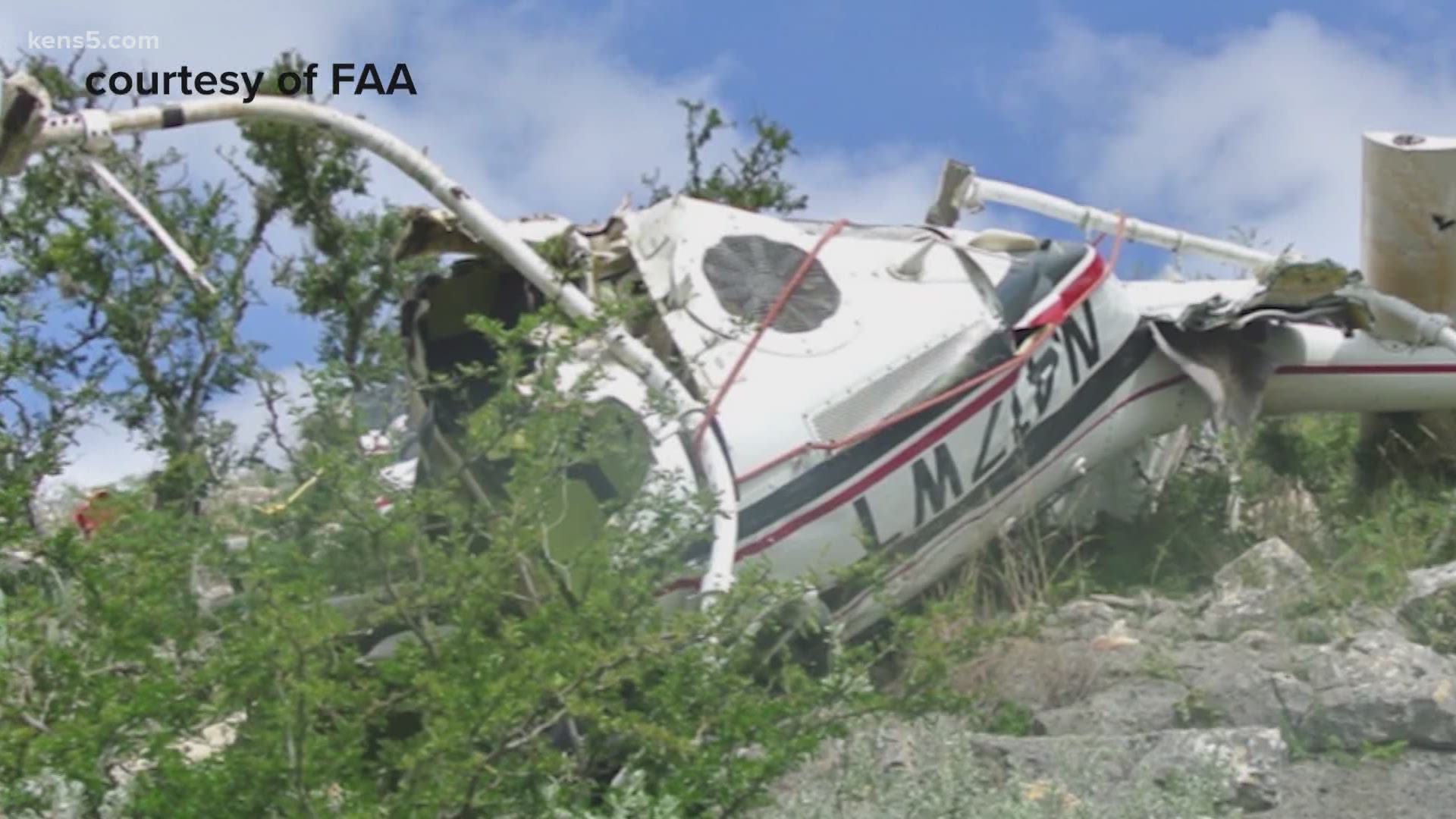SAN ANTONIO — In the fall of 2018, a fairytale wedding had barely ended when a helicopter crash killed the bride, groom and pilot who were on-board. Nearly two years later, KENS 5 has obtained documents explaining why the helicopter went down.
November 3, 2018: Will and Bailee Byler had just had the night of their lives. They were celebrating their wedding at a ranch outside Uvalde, in the peaceful Texas countryside with friends and family.
Just before midnight, the pair left their wedding via helicopter to head back to San Antonio. Not long after, and just a few miles from where the couple celebrated, the helicopter crashed, killing them and 76-year-old pilot Gerald Green Lawrence. Friends and family said he was a captain in the U.S. Army and a veteran of the Vietnam War.
KENS 5 had Hallmark University Dean of Aeronautics Kurt Leslie and William Casteel, an aviation instructor, review the National Transportation Safety Board report.
"It was an exciting night with a lot of pomp and circumstance," Leslie said. "It probably led to one little human factor that ultimately probably led to this."
According to the documents, NTSB found no evidence of any mechanical malfunction. Leslie said, from what he gathers from the findings, it was pilot error. In the dark of the night, Leslie said the pilot was flying lower than he should have.
"He was about 100 feet from clearing that hill he flew into," he said.
The report also states the helicopter's terrain avoidance and warning system's low-altitude alerts were turned off. It went on to state the pilot did not receive warning messages, and it is likely he did not see the terrain before impact.
"He could have forgotten," Casteel said. "He could have been distracted. He failed to turn it back on and that contributed to the accident."
The NTSB report also highlighted the pilot's medical history. According to the report, Lawrence had been diagnosed with early cataracts. He had reported it back to the Federal Aviation Administration in 2005. The report states it is possible this could have hindered his vision.
It also states the pilot was exposed to bright lights during takeoff and his eyesight may not have adjusted to the night conditions.
"It is a very unforgiving business," Leslie said. "When you make a mistake here, you are very fortunate to live through them. It is unfortunate that this happened to this couple and this pilot."

